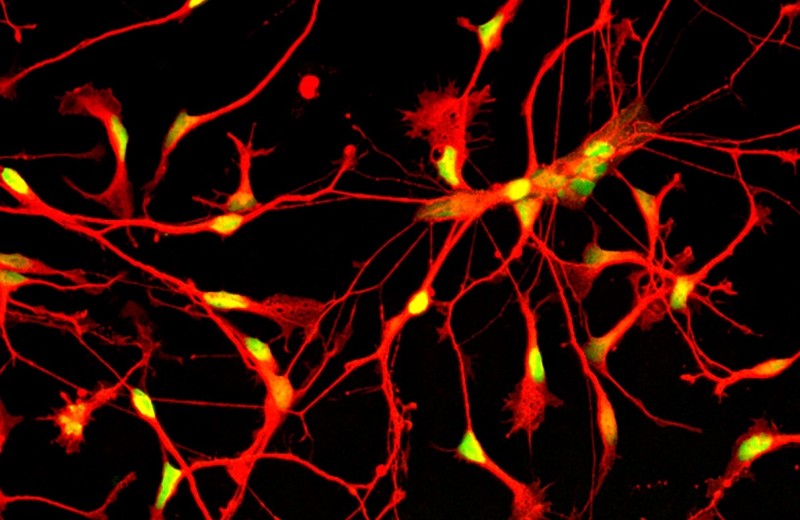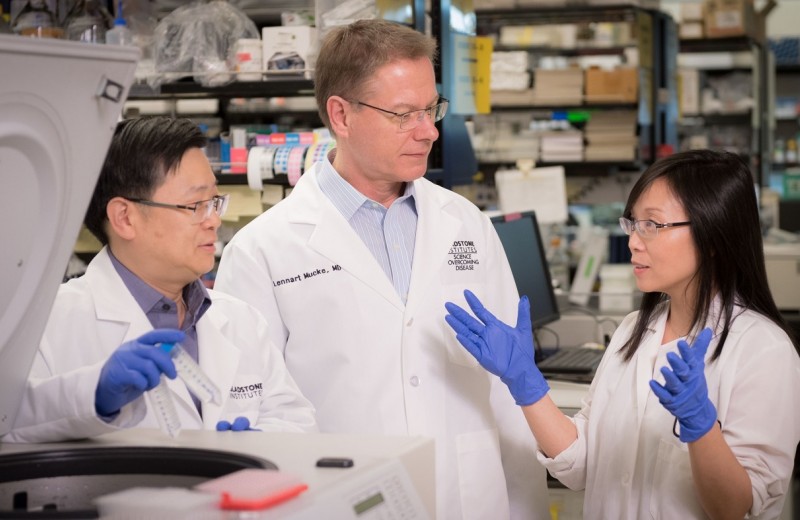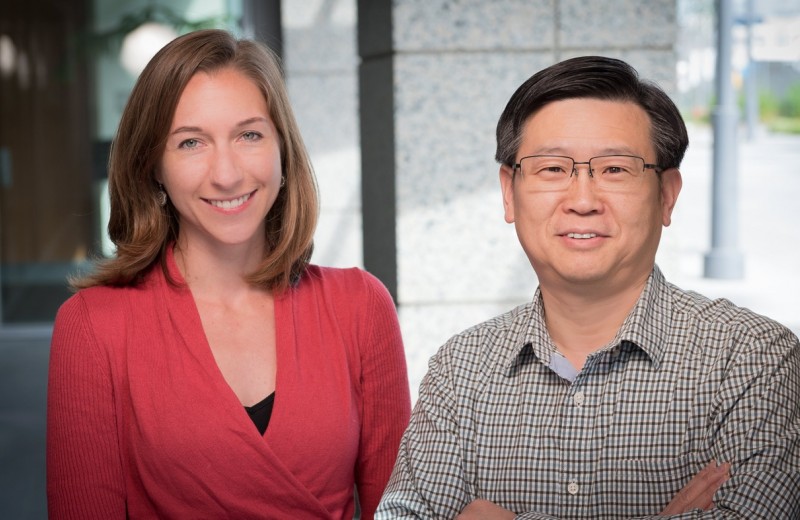Scientists Fix Genetic Risk Factor for Alzheimer’s Disease in Human Brain Cells
Scientists Fix Genetic Risk Factor for Alzheimer’s Disease in Human Brain Cells
New insights into how a gene causes damage could impact future drug development
News Release Research (Publication) Alzheimer’s Disease Neurological Disease Huang Lab








